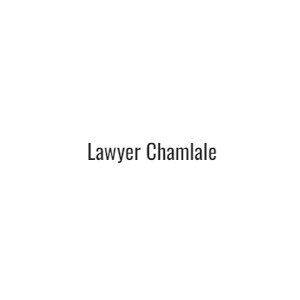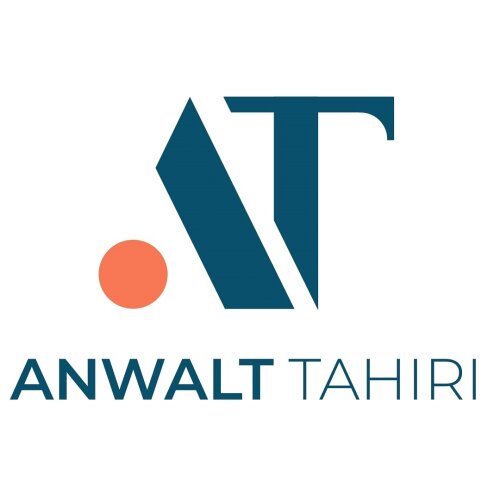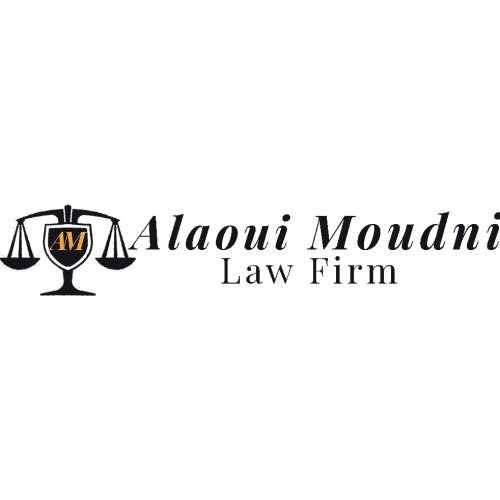Best Real Estate Lawyers in Morocco
Share your needs with us, get contacted by law firms.
Free. Takes 2 min.
Free Guide to Hiring a Real Estate Lawyer
Or refine your search by selecting a city:
List of the best lawyers in Morocco
About Real Estate Law in Morocco
Real estate law in Morocco is governed by a combination of traditional principles and modern legislative frameworks, making it essential for buyers and sellers to understand these complexities. The Moroccan real estate market has seen significant growth due to the country's stable political environment, diverse geography, and welcoming climate for investment. From residential properties to commercial spaces, the real estate sector plays a vital role in Morocco’s economy. Real estate transactions in Morocco are subject to legal requirements that ensure the protection of both parties involved, making it important for individuals to be well-informed before proceeding.
Why You May Need a Lawyer
There are several situations where an individual might need legal assistance in real estate matters in Morocco:
- Property Purchase: Ensuring that all legal documents are in order and understanding the terms of purchase agreements.
- Sales Transactions: Assistance with contracts and negotiation to protect the seller's rights and navigate complex tax implications.
- Property Leasing: Creating lease agreements and managing disputes between landlords and tenants.
- Inheritance Issues: Handling family property disputes and understanding inheritance laws.
- Dispute Resolution: Legal representation in property disputes, including boundary and ownership conflicts.
Local Laws Overview
Understanding the local laws is crucial when dealing with real estate in Morocco. Some key aspects include:
- Ownership Rights: The Moroccan property law provides extensive rights but comes with responsibilities to maintain the property.
- Foreign Ownership: Foreigners can buy property in Morocco, with specific regulations governing agricultural land and development properties.
- Land Registration: All land transactions must be registered with the local Land Registry Agency for legal acknowledgment.
- Zoning Laws: Compliance with zoning regulations is necessary, impacting how property can be used or developed.
- Environmental Regulations: All property development must adhere to local and national environmental laws.
Frequently Asked Questions
What documents are needed to buy property in Morocco?
Necessary documents include a notarized purchase agreement, identification documents, proof of funds, and tax identification numbers.
Can foreigners own real estate in Morocco?
Yes, foreigners can own real estate in Morocco, though some restrictions apply, especially concerning agricultural land.
How are property taxes managed in Morocco?
Property taxes depend on the type of property and its location. These include registration fees, local municipality taxes, and annual property taxes.
What is the process of registering property in Morocco?
Property registration involves submitting relevant documents to the local Land Registry Agency, which validates and records the transaction.
How do inheritance laws affect property ownership in Morocco?
Inheritance laws in Morocco are governed by Islamic principles for Muslims, impacting how property is distributed among heirs.
What is the role of a notary in Moroccan real estate transactions?
Notaries ensure the legality of documents, oversee the signing of contracts, and register deeds with appropriate agencies.
What is the typical timeline for a property transaction in Morocco?
The timeline can vary but generally takes several weeks to a few months, depending on the complexity of the deal and document preparation.
Are there any restrictions on renting property to foreigners?
No, but lease agreements must comply with local laws, and landlords have to report foreign tenants to local authorities.
What should I know about Moroccan real estate agents?
Using a licensed real estate agent is advisable as they are familiar with local market conditions and can facilitate transactions.
Are there any special legal protections for tenants in Morocco?
Yes, Moroccan law offers tenant protections, including notice period requirements and restrictions on arbitrary eviction.
Additional Resources
For further assistance, consider utilizing these resources:
- Agency for Land Register Conservation (ADLC): Manages land registration and provides informational resources.
- Consulates or Embassies: Offer assistance for foreigners regarding local laws and processes.
- Ministry of Housing, Urban Planning, and Policy: Responsible for urban and rural development policies.
- Real Estate Development Association of Morocco (ADER): Provides industry insights and legal updates.
Next Steps
If you require legal assistance with real estate matters in Morocco, consider the following steps:
- Identify your specific legal needs and gather relevant documents.
- Research and contact a qualified real estate lawyer with experience in Moroccan laws.
- Schedule a consultation to discuss your case and ensure you understand the legal implications.
- Work with your lawyer to develop a plan of action and ensure compliance with all applicable laws and regulations.
- Stay informed and ask questions to understand each stage of the legal process.
Lawzana helps you find the best lawyers and law firms in Morocco through a curated and pre-screened list of qualified legal professionals. Our platform offers rankings and detailed profiles of attorneys and law firms, allowing you to compare based on practice areas, including Real Estate, experience, and client feedback.
Each profile includes a description of the firm's areas of practice, client reviews, team members and partners, year of establishment, spoken languages, office locations, contact information, social media presence, and any published articles or resources. Most firms on our platform speak English and are experienced in both local and international legal matters.
Get a quote from top-rated law firms in Morocco — quickly, securely, and without unnecessary hassle.
Disclaimer:
The information provided on this page is for general informational purposes only and does not constitute legal advice. While we strive to ensure the accuracy and relevance of the content, legal information may change over time, and interpretations of the law can vary. You should always consult with a qualified legal professional for advice specific to your situation.
We disclaim all liability for actions taken or not taken based on the content of this page. If you believe any information is incorrect or outdated, please contact us, and we will review and update it where appropriate.
Browse real estate law firms by service in Morocco
Morocco Attorneys in related practice areas.
Browse real estate law firms by city in Morocco
Refine your search by selecting a city.

















